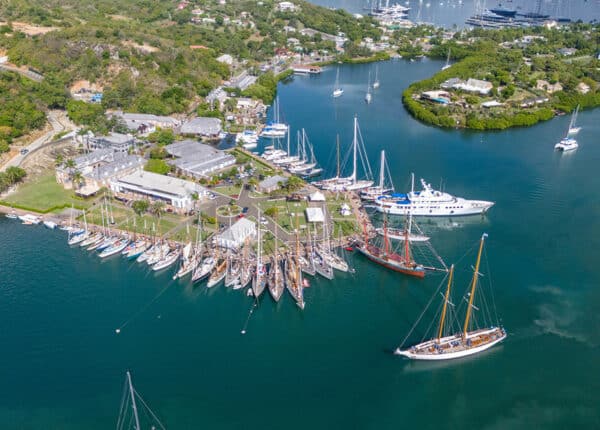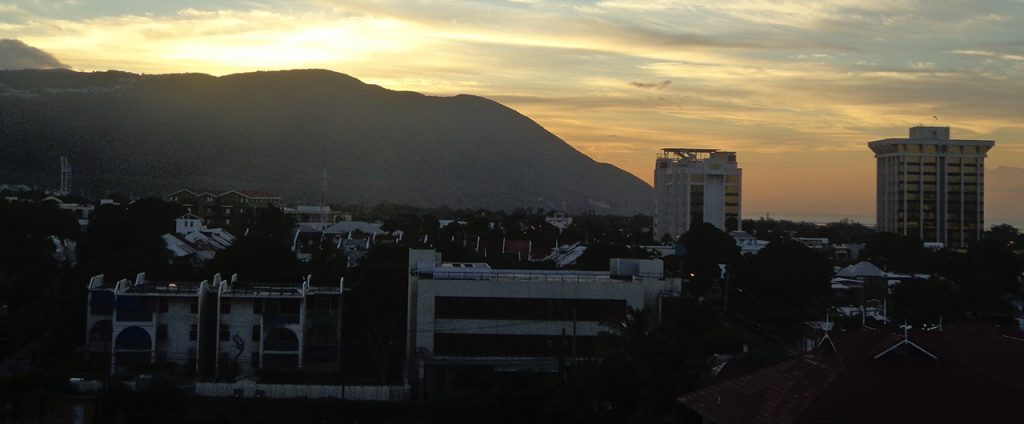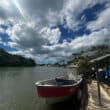Exploring competitiveness and development in Jamaica
By Dennis Chung
CJ Contributor
Recently the World Economic Forum released the Global Competitiveness Report 2016/17, which showed Jamaica improving its ranking from 86 of 140 to 75 of 138 countries. This was an improvement from 67 per cent to 54 per cent in the ranking.
A few days later the World Bank released the Doing Business Report (DBR), which shows Jamaica falling two places, in the ranking, from 65th of 189 to 67th of 190 countries. This is a marginal slipping in the rankings.

Of course what we normally do, when these reports are published, is to look at and comment on the overall ranking primarily, and most times do not take the opportunity to look at the details to determine what must be done from a strategic point of view to address these issues.
A part of that deficiency may be that we don’t seem to set any real targets to improve in these ranking — as we always have discussions without any real understanding of the details behind the rankings and what must be done to improve in the rankings.
So we don’t, as a country, set ourselves targets in terms of where we want to be in say five years in the ranking of both the GCR and DBR reports.
As an example, I haven’t heard any real talk about an objective of being in the top 50 countries in the ranking in both reports. So a strategic goal could be to say that in three years our objective will be to be in the top 50 countries, and what that will mean for Jamaica. And then we may go further to say that within 10 years we want to get to the top 25 countries.
This would naturally be what private sector organisations do, as do individuals in their own life plan. But as a country it seems we never create a vision of where we want to be in a defined timeline, and get the population to buy into it. One may say that we have the Vision 2030 objectives — but the truth is that it is a well-kept secret from the general population.
To properly understand where we need to go, we must of necessity understand in greater detail what the current status of our economy is. And this can helped by looking at both the GCR and DBR reports, instead of just looking at the headline ranking. Because if one looks behind the overall ranking I think it gives a very good indication of what areas we must focus on if we are to realise Vision 2030, which is just about 14 years away.
One of the questions I always get is: if Jamaica is touted as doing so well, under the just- ended IMF agreement, then why are we still grappling with economic growth? In fact, even though we have seen a return to growth, the fact is that the average is still not much more than the average growth rate over the past 40 years. The reason for this, I think, can be answered by further analysis of both the GCR and DBR.
If one looks at some of the details behind both reports, you will see that the challenges highlighted are similar in both reports. Both the DBR and GCR reports identify that inefficient government bureaucracy is a major issue, and the GCR report goes on to highlight significant deficiencies in the justice system and crime as issues.
Both crime and inefficient government bureaucracy have been the two most problematic factors to doing business in Jamaica for years, and yet we have been unable to address these challenges.
If one were to really think about it then, the real challenge we face is a lack of proper governance, as both crime and bureaucracy are consequences of poor governance.
This is a conclusion I had come to in my book,Charting Jamaica’s Economic and Social Development, where it became clear that the real challenges of social and economic development stem from our constitutional politic arrangements.
It is not practical, however, to address it by trying to change our constitutional arrangements, as neither political party will want to do that, as they want to preserve power. So the next best thing to do, which has been the trend, is to strengthen the institutions around our current political systems, and in so doing remove some of the stranglehold of our political system (read the book Why Nations Fail).
It is this strengthening of our institutions (as depicted in the table showing the five- year trend in the GCR) that in my view has resulted in greater confidence leading to enhanced macro-environment and market conditions. In other words if we did not move to develop institutions like the OCG, public defender, INDECOM, Charter of Rights, and more recently EPOC and ESET, then we would have had worsening social and economic conditions. This would in turn lead to loss of confidence, lack of investments, and further impoverishment.
So what the table clearly shows is that Jamaica has been improving steadily in the GCR ranking, moving over the five years from the 67th to 54th percentile.
But even with this steady improvement, Jamaica has still struggled to find any significant economic improvement. What should also be noted is that the more significant improvements over the period occurred when we started the IMF agreement in 2013, which saw the strengthening of institutions (mentioned above) and more oversight by the private sector and civil society.
If we are to see economic and social development in Jamaica, then we must fiercely go behind the overall ranking and, secondly, put action in place to bring us into at least the top 50 per cent of countries for doing business.
Even though we have seen continuous improvement in the GCR ranking, it should be noted that the improvement primarily takes place in the Basic Requirements category — where over the five-year period we have improved 24 per cent from 114 of 144 to 75 of 138 countries measured. However, in the categories of Efficiency Enhancers and Innovation, over the period we have seen a decline of one per cent and improvement of 11 per cent respectively. The problem being of course that global competitiveness means that we have to do well with Efficacy Enhancers and Innovation.
It is this lack of development in these areas that, in my view, has caused us not to grow at acceptable rates.
Dennis Chung is a chartered accountant and is currently Vice President of the Institute of Chartered Accountants of Jamaica. He has written two books: Charting Jamaica’s Economic and Social Development – 2009; and Achieving Life’s Equilibrium – balancing health, wealth, and happiness for optimal living – 2012. Both books are available at Amazon in both digital and paperback format. His blog is dcjottings.blogspot.com. He can be reached at drachung@gmail.com.







